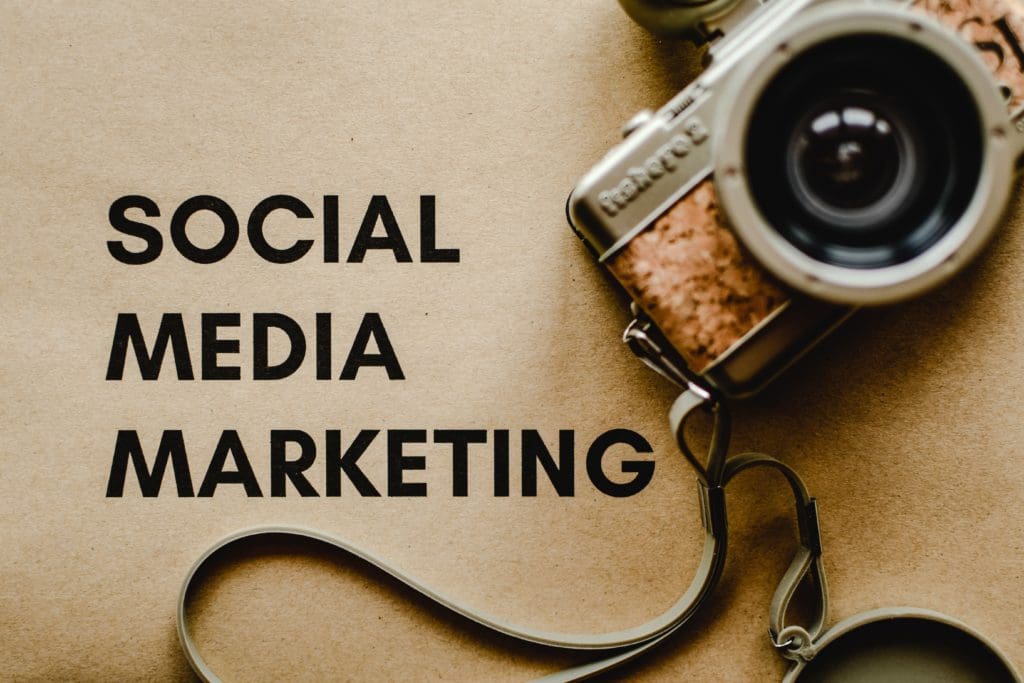It’s one thing to reject the ideas of others…Digital marketing is an ever-evolving industry that has become increasingly important for businesses to reach their target audience and achieve their goals. Despite its growth and evolution, many myths about digital marketing persist, leading to ineffective strategies, wasted resources, and missed opportunities for businesses. But when we reject, deny, stifle, squelch, strike, silence and otherwise put ideas of our own to death, sometimes even before they’re born.
In this blog, we will dispel some of the biggest myths in digital marketing.
Myth 1: Digital marketing is just about social media

One of the most common myths in digital marketing is that it is only about using social media platforms to reach customers. While social media is a critical component of digital marketing, it is only one of many different channels. Digital marketing encompasses search engine optimization (SEO), pay-per-click advertising (PPC), email marketing, content marketing, and more. Success in digital marketing comes from a comprehensive understanding of all the different channels and techniques and how they can work together to achieve your goals.

Myth 2: Digital marketing is easy

Another myth is that digital marketing is easy and requires little effort. In reality, digital marketing is a complex and dynamic industry that requires a lot of hard work and dedication. From creating a strategy to executing it, digital marketing takes a lot of time and effort to succeed.
To succeed, it is essential to have a strong understanding of the latest trends and techniques and a deep understanding of your target audience. Additionally, digital marketing is an ongoing process that requires consistent effort and adaptation to changes in the industry and market.
Myth 3: Digital marketing is only for large businesses

Many small businesses believe that digital marketing is only for large corporations with deep pockets. However, this is not true. Digital marketing offers a level playing field for businesses of all sizes. With a well-executed digital marketing strategy, small businesses can reach their target audience effectively and compete with larger companies. In fact, small businesses often have an advantage in digital marketing as they can be more nimble and adapt to changes in the market more quickly than larger companies.
Myth 4: More followers or likes means more success

Having many followers or likes on social media platforms is essential. Still, there are other metrics of success in digital marketing. Your target audience’s engagement and conversion rates are more important indicators of success. Instead of focusing solely on increasing your followers or likes, creating engaging and relevant content that resonates with your target audience is vital. This will help to increase engagement, build trust with your audience, and drive conversions.

Myth 5: Digital marketing is a one-size-fits-all approach

Every business is unique and has different marketing needs and goals. A one-size-fits-all approach to digital marketing is not practical. Tailoring your digital marketing strategy to fit your business’s specific needs and goals is crucial.
This may involve experimenting with different channels and techniques to find what works best. Additionally, it is essential to continuously measure and evaluate the success of your digital marketing efforts and make changes as needed to achieve your goals.
Myth 6: SEO is no longer important

SEO, or search engine optimization, is optimizing your website and content to rank higher in search engine results. Despite the many changes to search algorithms and the rise of other digital marketing channels, SEO remains an integral component of a comprehensive digital marketing strategy. Optimizing your website and content for search engines can increase visibility, drive traffic to your site, and ultimately achieve your goals.
Myth 7: Digital marketing is a one-time investment

Another myth is that digital marketing is a one-time investment that will continue to deliver results indefinitely. In reality, digital marketing is an ongoing process that requires continuous effort and adaptation to changes in the industry and market. The digital landscape is constantly evolving, and what worked yesterday may not work today. It is necessary to continuously evaluate and adjust your digital marketing strategy to ensure that it remains effective and achieves your goals. This may involve updating your website, creating new content, and experimenting with new channels and techniques.

Myth 8: Quantity over quality in content creation

When it comes to content creation, many businesses believe that the more content they create, the better their results will be. However, this is different. Quality over quantity is key in content creation. Creating high-quality, relevant, and engaging content that resonates with your target audience will build trust, increase engagement, and drive conversions. Creating content that adds value to your target audience rather than just filling up your website or social media platforms with irrelevant or low-quality content is essential.
Myth 9: Digital marketing is only about acquiring new customers

While acquiring new customers is a critical component of digital marketing, it is not the only focus. Retaining existing customers and building loyalty are crucial to a successful digital marketing strategy. You can increase customer loyalty and lifetime value by engaging with and providing value to your existing customers. This can lead to increased repeat business, positive word-of-mouth referrals, and long-term success.
In conclusion, understanding the biggest myths in digital marketing is essential for creating a successful strategy and achieving your goals. By dispelling these myths and focusing on what truly matters in digital marketing, you can achieve greater success and reach your target audience effectively. Remember to continuously evaluate and adjust your strategy, focus on quality over quantity, and prioritize your target audience and their needs.

